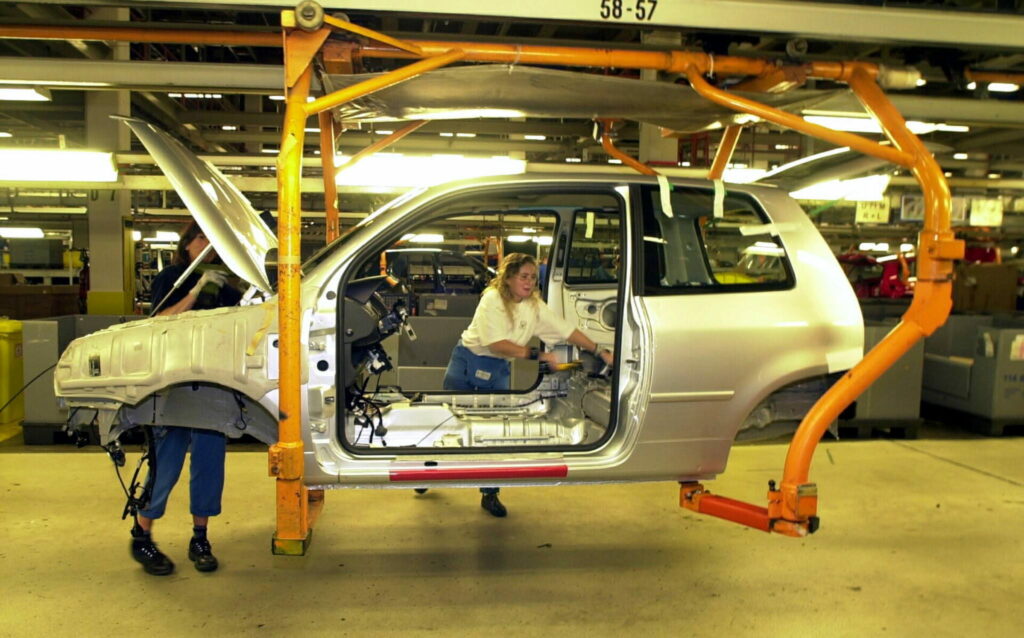The automatic wage indexation system in Belgium, which sees wages increase in line with inflation, resulted in the gender pay gap rise by more than 4% in the country last year, a recent study showed.
Belgium is one of few countries that implement the system, which as a result of skyrocketing inflation in the last few months of 2022 resulted in employees in a record number of sectors seeing their wages increase.
While unions took to the streets to call for it to be protected, companies criticised the system, arguing it was financially untenable and could make Belgium less competitive. A report by HR consultant Securex has now also shown that women are disadvantaged by the system.
"Women in Belgium are far less protected from inflation by the automatic wage indexation system in place," the report noted. Last year, the gender pay gap between men and women who worked for the same employer for at least three consecutive years increased by 4.4%.
Almost €9,000 less per year
The report, based on data from more than 50,000 workers and nearly 10,000 companies showed that the difference in total gross annual pay of women and men at the same company reached €8,764 in 2022: while women on average made €38,145, men raked in a total of €46,909, on average.
The gap differs hugely per sector: while female white-collar workers' salary was more than €10,000 lower than that of their male colleagues, the gap between male and female blue-collar workers was tightened.
The difference in gross wages is mainly due to the fact that women work more part-time, are more often active in sectors with lower wages and are on average more often absent for long periods of time, and as employers do not pay wages after a month's absence, this also reduces their pay.
However, Securex also noted that this difference in gross starting wages was reinforced by the various wage indexations in 2022.
Related News
- Belgium wants to increase public presence of women through art and statues
- Basic income not a 'miracle cure' for poverty, Belgian study shows
"Both men and women saw their gross wages increase, but considering men have higher gross wages at the base, wage indexations caused the wage gap to deepen further," Securex noted.
"Women with lower wages saw their income grow by fewer euros and are therefore hit harder by inflation than men."
Among started and people changing jobs, steps are being made towards more gender equality in the labour market. "But additional efforts are clearly needed for women who stay longer with the same employer," Heidi Verlinden, Research Project Manager at Securex, said.
"Companies should critically review their current pay policies and ensure that positions and seniority are equalised, regardless of the employee's gender," she concluded.

